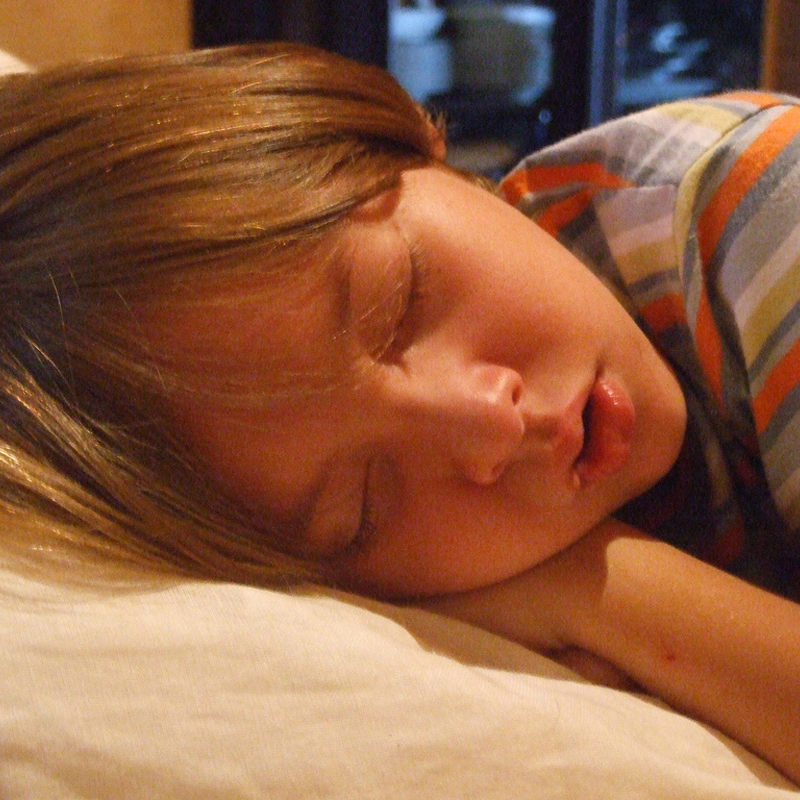Bed-wetting in school-aged children can be frustrating for parents and an embarrassing secret for kids. It might leave them feeling ashamed and prevent them from attending sleepovers, or other overnight social activities.
While it’s no fun for an 8-year-old to wear a diaper at nighttime, or to clean up damp clothes and sheets, wetting the bed at night — also known as nocturnal enuresis — is actually fairly common in kids. According to Parenting.com, as many as 1 in 8 first-grade and second-grade kids suffer from this medical condition.
Even if bed-wetting is more common than most people would think, this fact doesn’t make it any easier to deal with. Naturally, parents want to do whatever they can to help their children through this tough phase in life. Here are a few common mistakes, along with some helpful tips, for guiding your child through his nighttime struggle:
1. Shaming a child for wetting the bed could only make things worse. For this reason, it’s important to never scold and yell at kids when an accident happens.
2. Eliminating caffeine from a kid’s’ diet and limiting liquids at night can help.
3. Rule out an underlying medical issue, such as a bladder infection. (Especially if the bed-wetting begins suddenly out of the blue..)
4. Some children have bladder issues at night simply because they’re constipated. A fully rectum, after all, can impede bladder function. If this is the case, it’s important to offer plenty of water and high-fiber foods throughout the day. Maybe even speak to your pediatrician about a laxative. Finally, parents should encourage kids to try going to the bathroom every two or three hours during the day, even when she doesn’t think she has to.
5. Use a bed alarm, which works by having your child wear a wetness sensor in their underwear. This sensor connects to the alarm, which then sounds when he/she urinates. Yes, the alarm will wake them up after they have already had an accident. But in time, it actually trains their brains to awaken earlier, until they wake up at the very first drop of urine so they can stop the flow and avoid a full-on accident. One thing to keep in mind: This process could take up to two months.
6. Make sure that your child is ready and motivated to stop wetting his bed. If they aren’t distraught by the accidents, consider using disposable nighttime underwear for bit longer. Try again when they are ready.
7. Parents should try not to show their frustration. Be encouraging and reassuring, even though the bed wetting is inconvenient and frustrating.
For more information about bed-wetting, read these helpful materials from Mayo Clinic.
Watch this helpful video with an interview with Pediatrician Gigi Chawla:
Via YouTube
